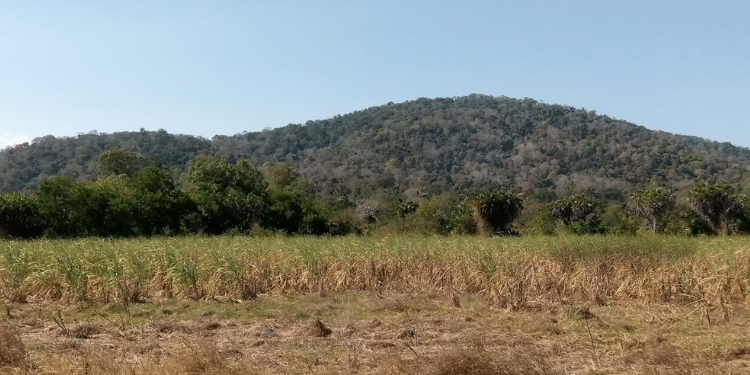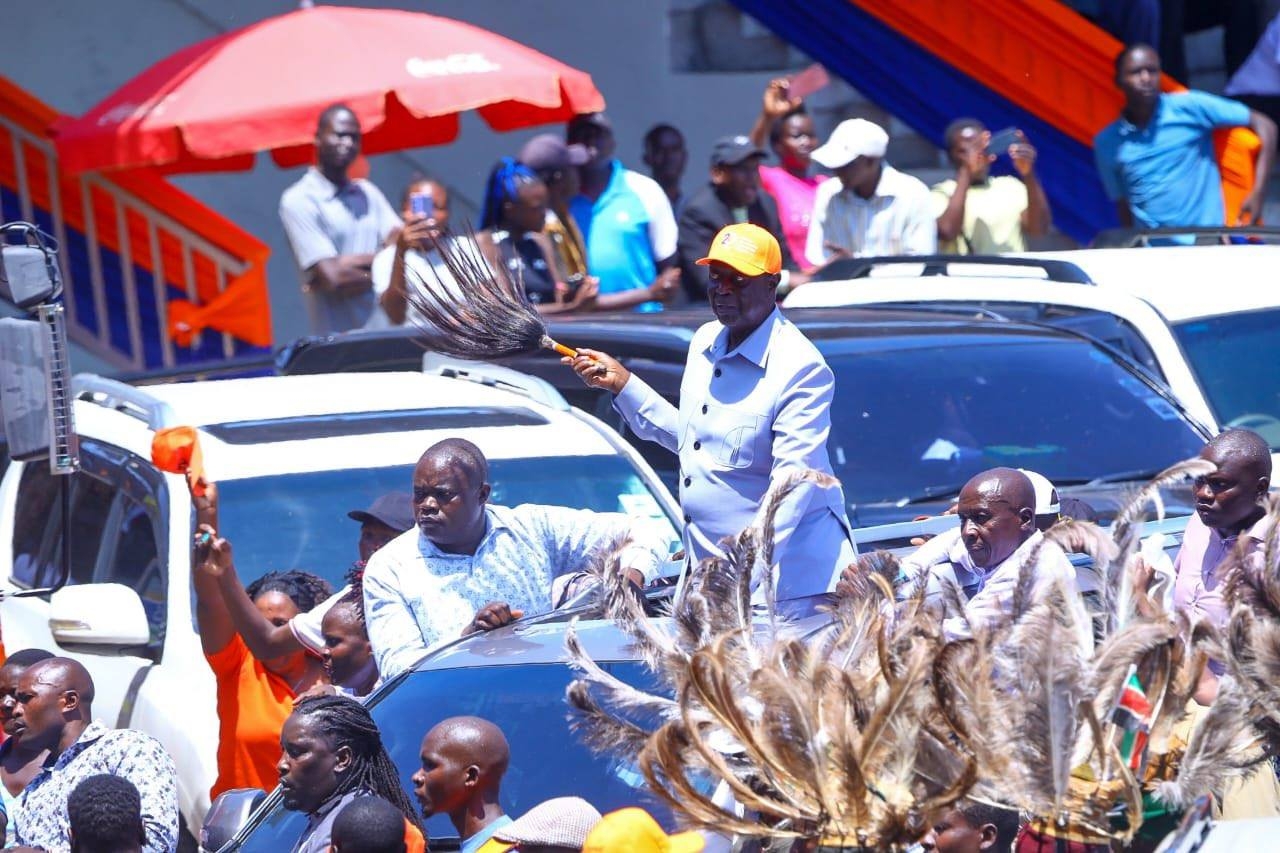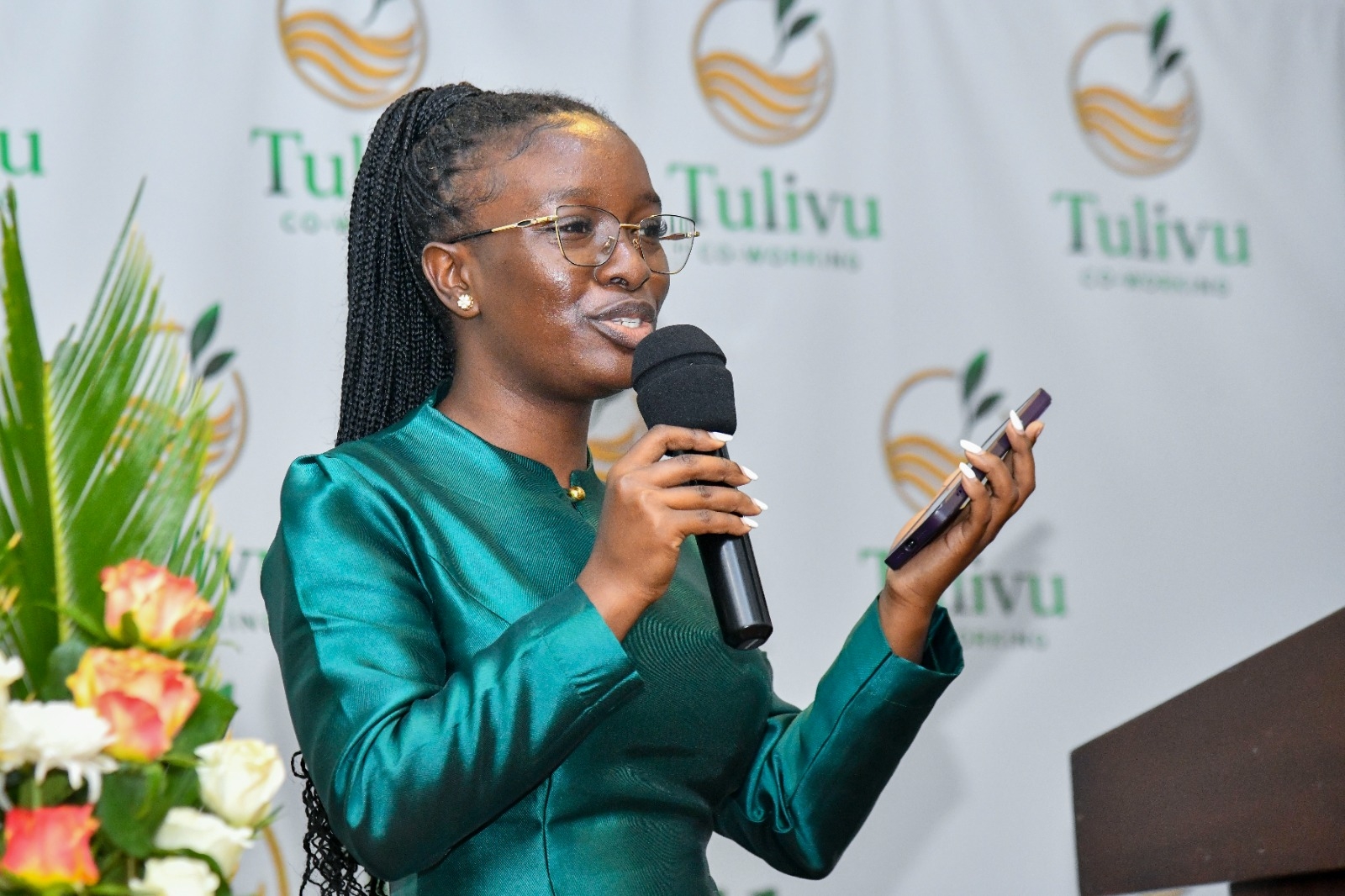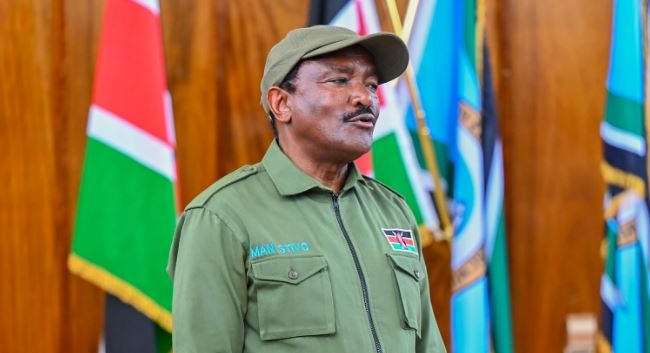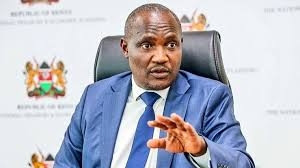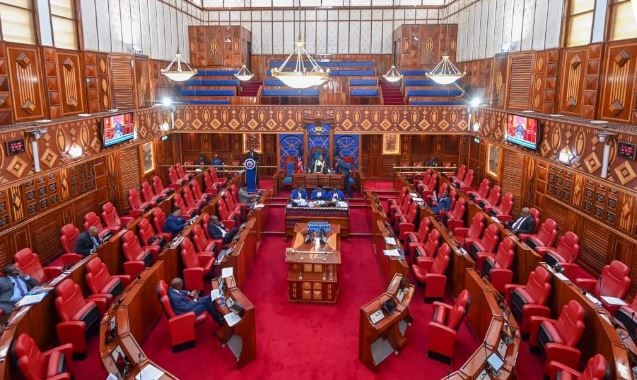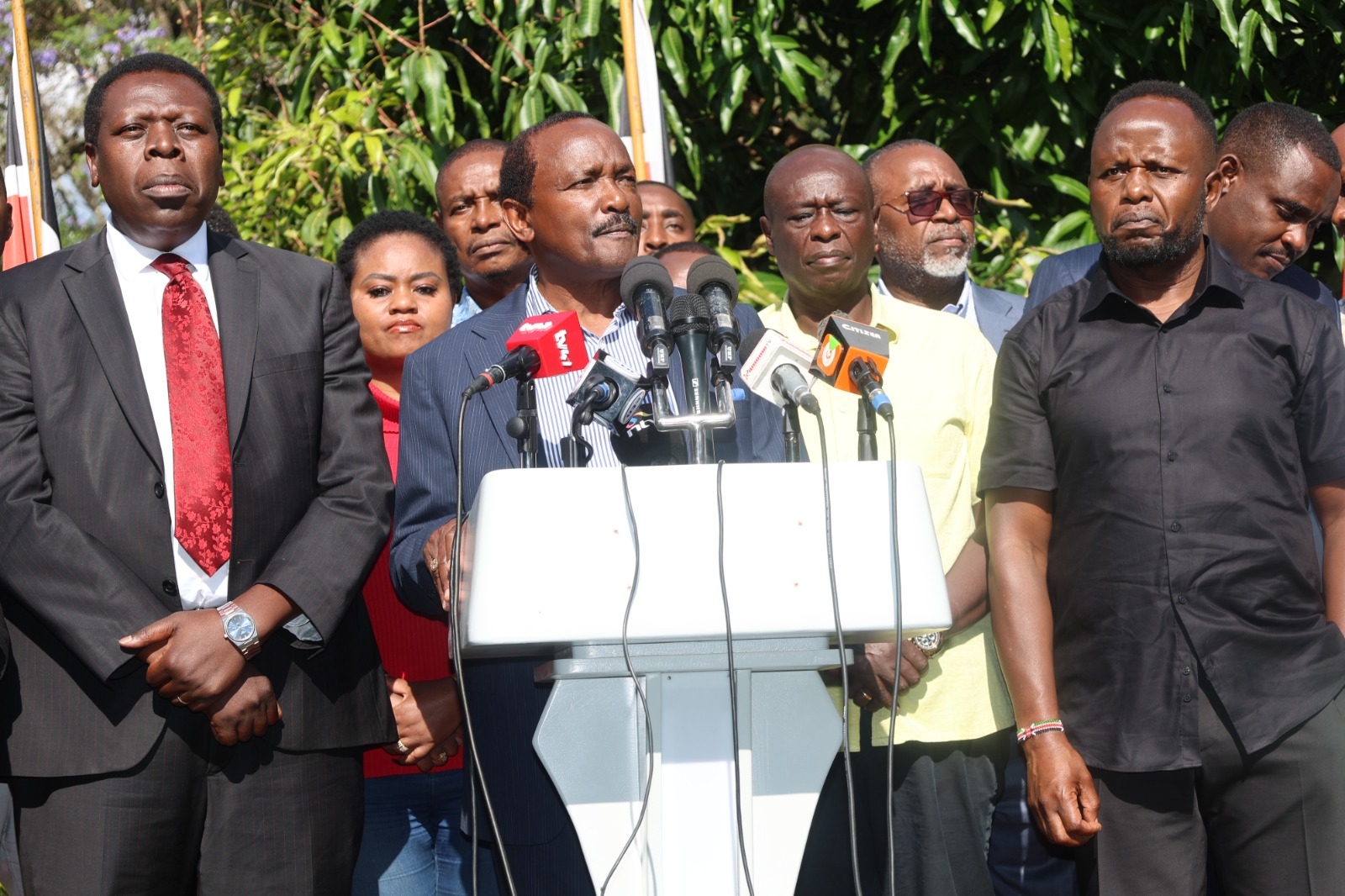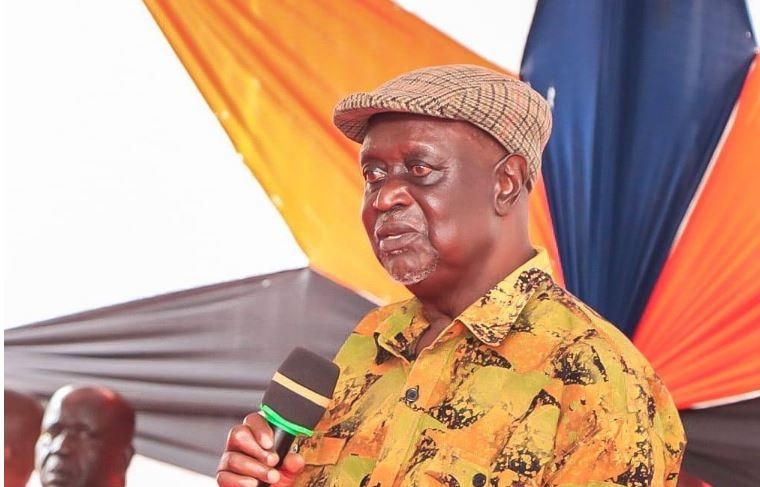I think [closing the borders] is really an illusion of protection
Someone has to be blamed when bad things happen—that’s been the consensus throughout history. From witch hunts to WWII—people have looked for scapegoats and found them.
Usually this goes hand in hand with protectionism—something bad happens, you find someone to blame, and you enforce overprotective measures against the imagined enemy. When it comes to Covid, it’s no different.
Since the breakout of Covid, people have been looking for a reason why it happened, and a person, company or government to blame. Maybe there is someone to blame— including the bats—but that doesn’t account for the many conspiracy theories that have accompanied it all.
The main one being that governments around the world gained something from the Covid pandemic by enforcing lockdowns, masks, and vaccines. I can’t personally see that this was the case here in Kenya. Instead, I believe we were in good hands thanks to our Minister of Health, Mutahi Kagwe.
Now the new Omicron variant of Covid-19 has been “blamed” on South Africa, where it was discovered, and other southern African countries. Minimal credit has been given to the professionalism of the South African epidemiology community—the little there has been has gone hand in hand with travel bans.
These bans notoriously targeted southern African countries, even though Omicron was found in European countries just a few days after it was found in Africa—in patients who had no connection to Africa. Concerns have since been raised that banning travel only from southern African countries—a form of protectionism—is a kind of “travel apartheid”. This was the sentiment of UN Secretary-General Antonio Guterres.
As a result, there’s now widespread fear that other countries won’t report a new variant due to travel bans being imposed and their country being “penalised”. Yet, reporting a new variant is, of course, beneficial for everyone’s safety. The West is always talking about Africa’s need for transparency and now that we’re being transparent we are being punished for it.
There’s no denying a travel ban can buy a country time, but for it to be effective, you need to ban entry from all countries where the virus is present. Right now, that’s not the case in most countries that have enforced the bans. Only in a few countries have blanket travel bans been set up.
The reason certain doors are closed while others remain open could be the potential economic damage of closing all doors. And by closing some doors—the ones causing the least economic damage to your country—you look like you’re doing something to protect against the new variant, even though you aren’t.
“I think [closing the borders] is really an illusion of protection,” CNN medical analyst Dr Jonathan Reiner said when expressing his opinions. A recent study published in the Journal of Emergency Management backs this up.
The World Health Organization’s Regional Office for Africa has expressed that they stand with Africa for open borders. WHO has explicitly said that travel bans do not work and that we—as a world—need to come together to fight Covid.
Saad Omer, director of the Yale Institute of Global Health has supported the theory that closing borders will do little but delay the spread of the virus by a couple of weeks.
Instead, he believes that eliminating vaccine inequality is the way forward. So long as there are countries where the majority of the population is not vaccinated, the virus will continue to spread and mutate. He suggests allowing low-income countries to produce their own vaccine, as expressed when speaking with NPR.
This sentiment was echoed by Dr Jeremy Farrar, director of the Wellcome Trust, in a piece in The Guardian. “The longer this virus continues to spread in largely unvaccinated populations globally, the more likely it is that a variant that can overcome our vaccines and treatments will emerge. If that happens, we could be close to square one.”
Dr Farrar also encourages the immediate end of vaccine inequality. “World leaders, by continuing to ignore the warnings and focusing only on their national populations, are playing with fire and putting our hard-won progress at risk.”
To help this message get across I believe that Africa, as a continent, needs to come together in a strong, unified, voice. Banning travel to and from some countries is downright racist and it does not help stop the spread of the virus. Hand washing, isolation, masks and vaccines do.
We need to tell this story loud and clear to leaders around the globe to encourage the end of bans that can cause economies to fall apart. Vaccines, not bans, is what’s needed.
What’s more, the African Union needs act faster and be firmer in their communications. Over the years they’ve shown examples of poor messaging time and time again—it’s now vital that they turn a leaf so as to be able to make the voice of Africa heard. It’s, quite literally, a matter of life or death.
A unified voice isn’t just important when communicating with the world, but also within Africa. Conspiracy theories surrounding vaccines and the accompanying fear are still widespread on the continent. So as to be able to vaccinate the majority of Africans, misinformation needs to be eliminated and scientific facts communicated in a way where they are easily understood. This will require different communication tactics in different countries.
We need to stand unified as a continent to promote scientific strategies to deal with this pandemic—both on the continent and across borders. This can help stop the misinformation, end vaccine inequality, minimize financial damage, and save lives. It’s no longer just important to unify our voices—it’s vital.



